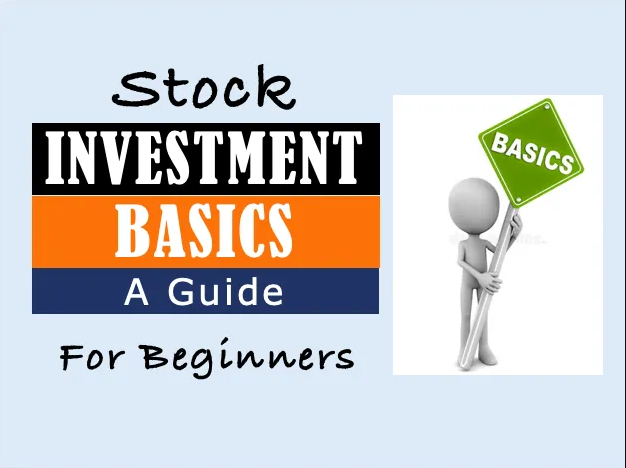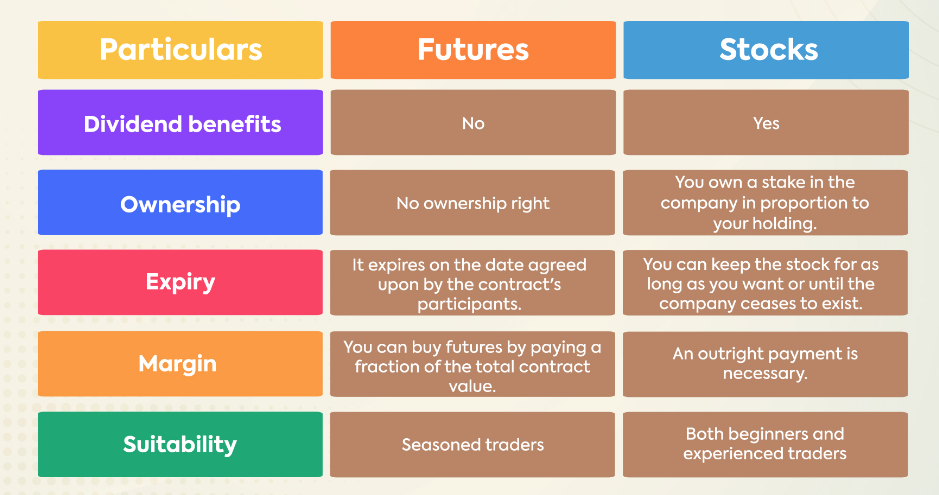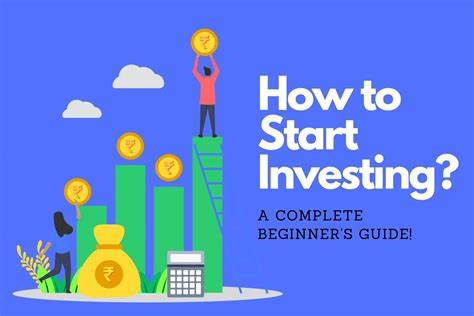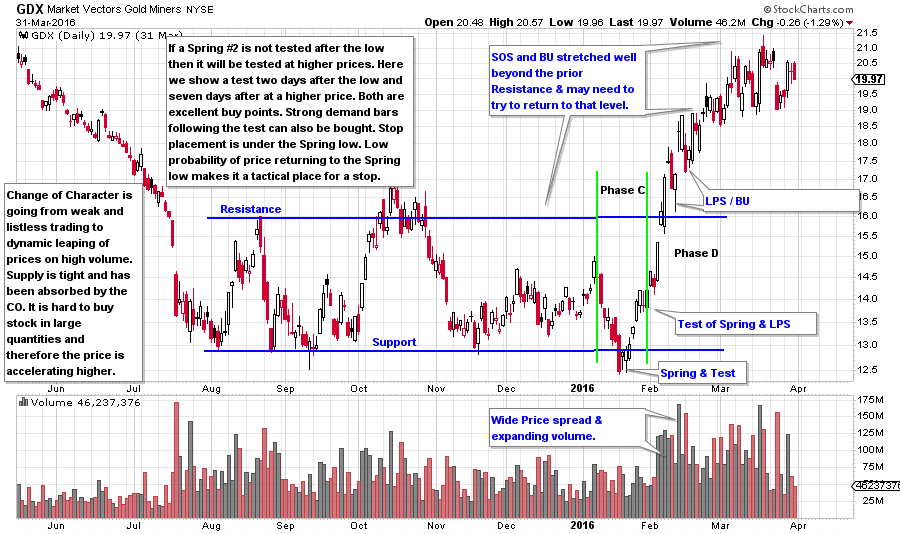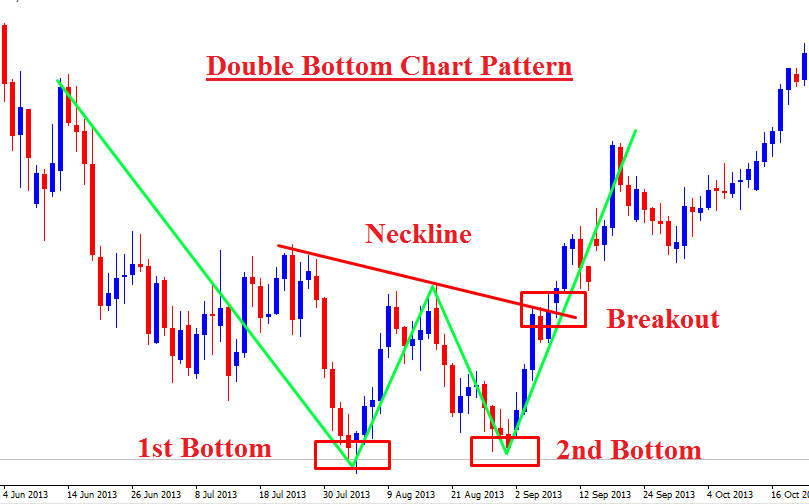Buy and hold: This strategy involves buying stocks and holding them for a long period of time, usually years or decades, with the expectation that they will increase in value over time. This strategy can benefit from the power of compounding, which is when the returns generate more returns over time. It can also reduce the costs and taxes associated with frequent trading. However, this strategy requires patience, discipline, and a long-term perspective, as well as the ability to withstand market fluctuations and volatility.
Price-signal trading: This strategy involves identifying a level at which the stock price has met support or resistance in the past, and then waiting for the price to break through that level with a strong momentum. This can indicate a change in the trend or a continuation of the trend, depending on the direction of the breakout. The trader can then enter the trade in the direction of the breakout and exit when the price reaches another level of support or resistance.
The ABC system: This strategy is based on finding and following an upward trend in the stock price. The trader can use a simple three-step method to identify the trend: A is the lowest price point, B is the highest price point, and C is the next lowest price point that is higher than A. When the price reaches C, the trader can buy the stock and ride the trend until it reverses.
Swing trading: This strategy is a form of short-term trading that involves holding the stock for a few days or weeks, depending on the market conditions. The trader can use technical analysis, such as trend lines, moving averages, and indicators, to identify the best entry and exit points for the trades. The trader can also use fundamental analysis, such as earnings reports, news events, and analyst ratings, to find stocks that have high potential for price movements.
Momentum trading: This strategy is another form of short-term trading that involves buying stocks that are moving fast in one direction, either up or down. The trader can use tools such as volume, volatility, and relative strength index (RSI) to find stocks that have strong momentum and are likely to continue their trend. The trader can also use catalysts, such as news, rumors, or social media buzz, to trigger the momentum. The trader can then sell the stock when the momentum slows down or reverses.
Value investing: This strategy is a form of long-term investing that involves buying stocks that are undervalued by the market, based on their fundamentals, such as earnings, assets, dividends, and growth prospects. The trader can use tools such as price-to-earnings (P/E) ratio, price-to-book (P/B) ratio, dividend yield, and return on equity (ROE) to find stocks that have low prices but high quality. The trader can then hold the stock until the market recognizes its true value and the price rises.
These are just some examples of how experts in stocks make profits. However, there are many more strategies and techniques that experts may use, depending on their goals, risk tolerance, and market conditions. You can learn more about these strategies and how to apply them from various resources, such as books, podcasts, courses, blogs, videos, and mentors. Some of the examples of these resources are:
, a classic book by Benjamin Graham that teaches the principles of value investing and how to analyze stocks.
, a website that provides stock market news, analysis, advice, and recommendations for beginners and experts alike.
, a free online course by Udemy that covers the basics of the stock market and how to invest in stocks.
[The Stock Market for Beginners], a blog by The Balance that offers educational articles, tips, and resources on how to invest in stocks.
[How to Invest in Stocks for Beginners], a video by ClearValue Tax that explains what stocks are, how to open a brokerage account, how to buy and sell stocks, and how to choose a style of investing.


